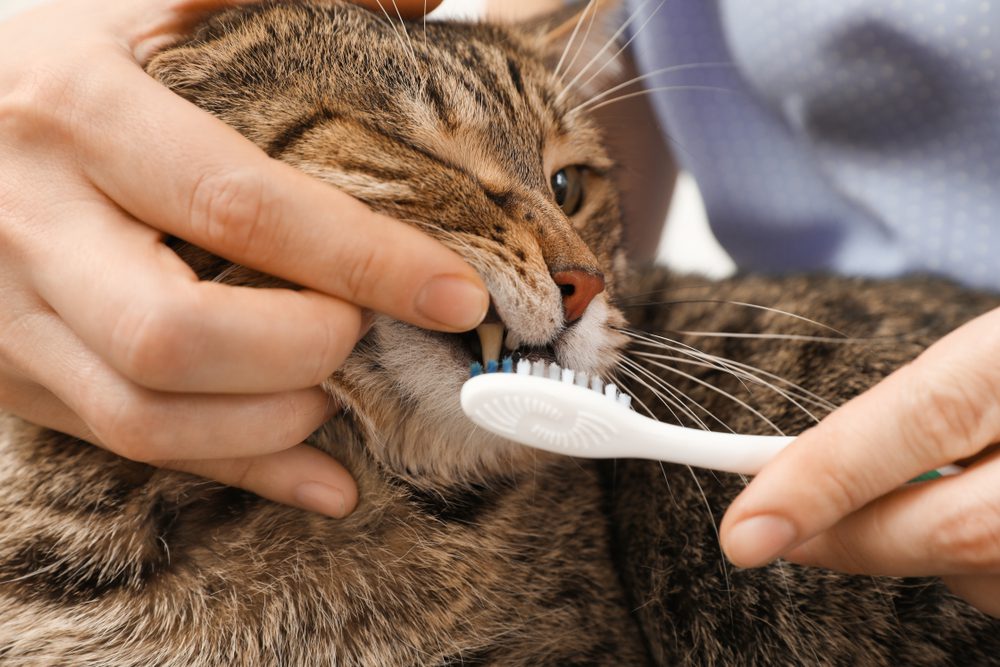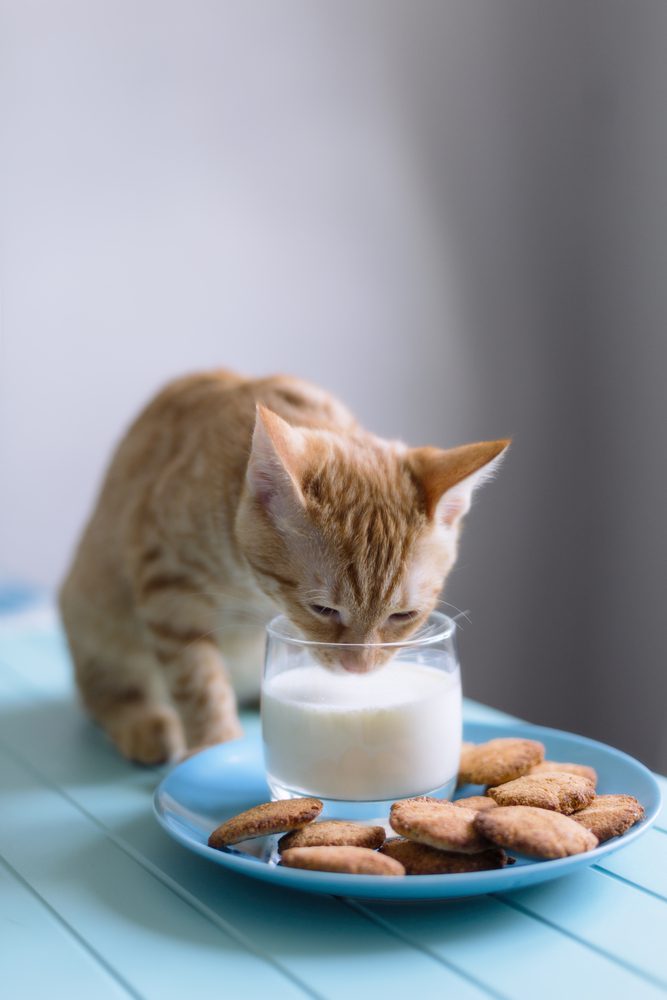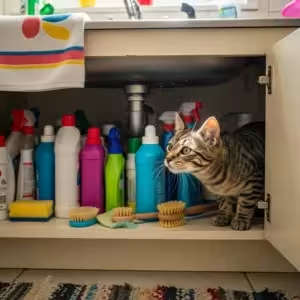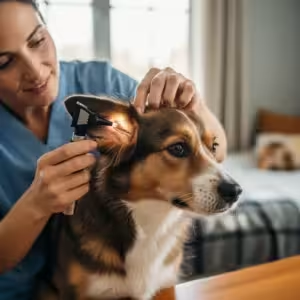
Bad breath
According to Eric Davis, DVM, a fellow of the Academy of Veterinary Dentistry and director of the Dental Referral Service at Cornell University’s College of Veterinary Medicine, in general, healthy cats don’t have bad breath. But if you notice that your cat has bad breath it may be a sign that they have oral problems, such as periodontal, gum infection, kidney, respiratory, liver disease or even diabetes.
Animal experts say that bad breath is linked to periodontal disease in cats. Periodontitis is caused by untreated gingivitis, which is a condition that affects their gums, causing an infection that damages the soft tissues and can destroy the bone that supports their teeth in the long run. As in the case of dogs, you have to brush their teeth regularly, but your veterinarian will give you more details about this procedure.
However, these diseases can be prevented if you don’t skip regular vet check ups, take care of their teeth and pay more attention to their nutrition.

Loss of appetite or dysphagia
To notice this symptom, it’s very important to pay special attention to their eating behavior, namely that you have to detect if your pet avoids dry food, chew only on one side, vomiting and so on.
So, difficulty eating or also known by its medical name, dysphagia, is the difficulty of swallowing and chewing food, which can lead to loss of appetite and weight loss in cats and is caused by a lot of treatable or untreatable factors, such as the trauma to the jaw and tongue, disorders of the nerves of the head, and dental diseases.
Treatment of dysphagia includes special food, antibiotics, surgical correction, removal of unhealthy teeth, medication and so on.















